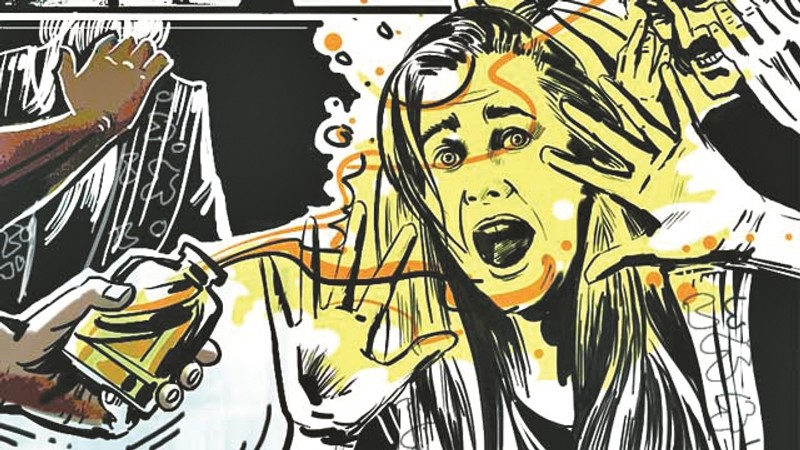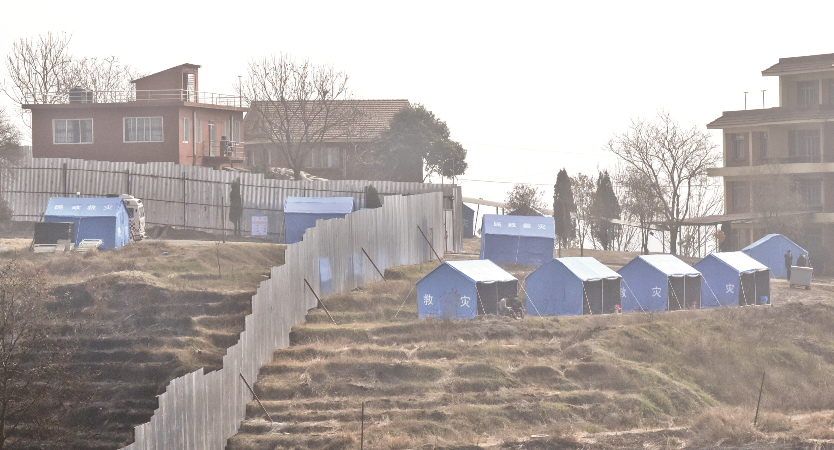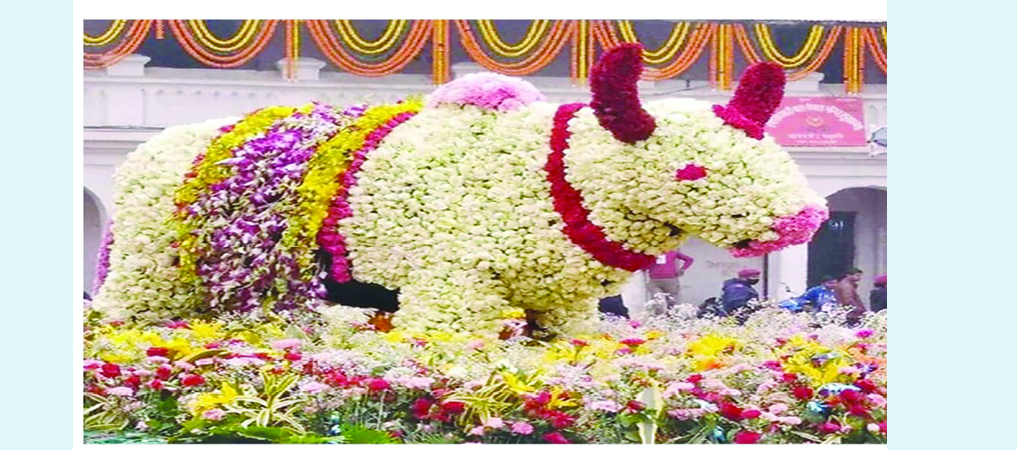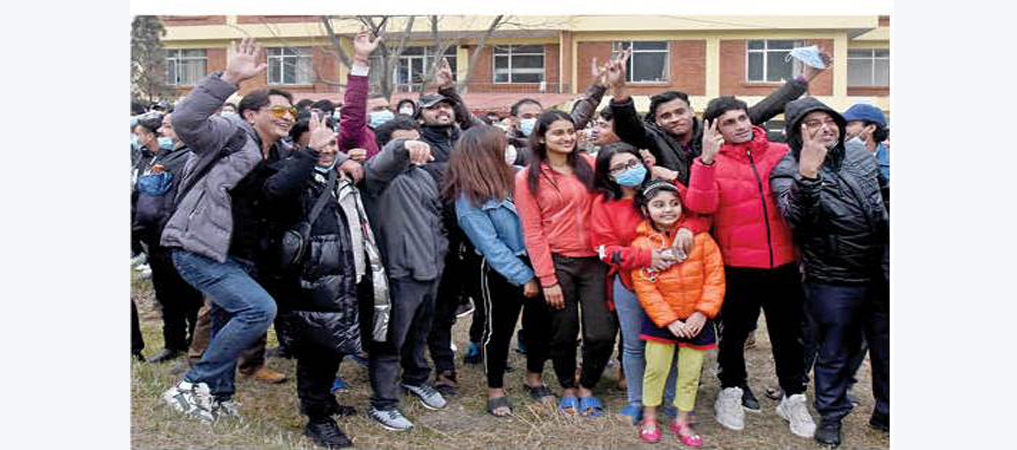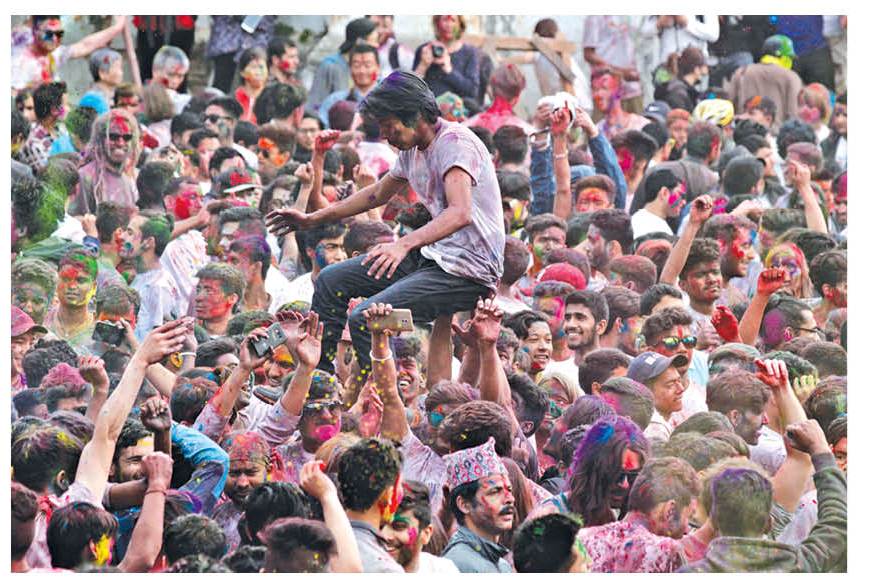More Needs To Be Done
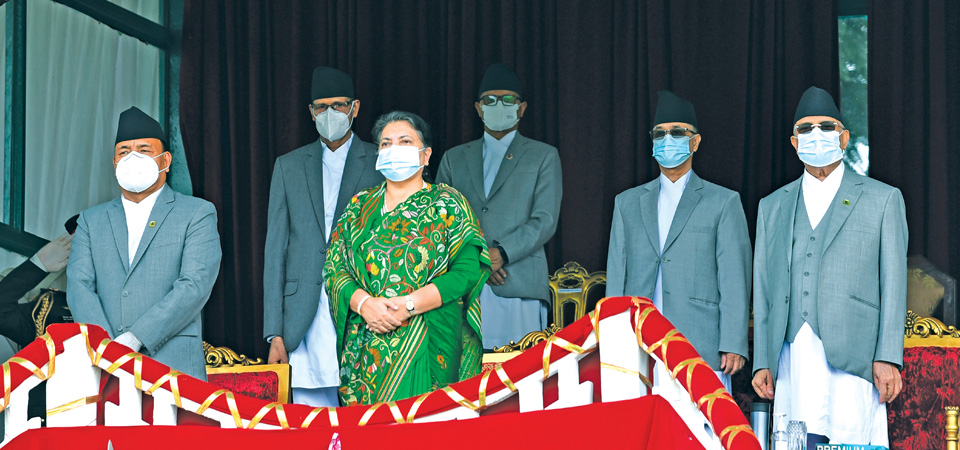
Sampada A. Khatiwada
Over half a decade has passed since the new constitution was promulgated in 2015. Its implementation has been a roller coaster in the past six years. People from different walks of life had pinned their high hopes on the new national charter. While some of the expectations were met, its many ideals are to be realised. A wider segment of the population showed their reservation when the main law of the land was attacked time and again. The three-tier federal structure has been institutionalised following the historic elections in 2017. The three-layer governments have exercised their constitutional rights in terms of the distribution of powers, rights, and resources. Several laws guaranteeing the socio-economic rights of people have been enacted.
Hindrance
Although a six-year span is not enough for the constitution to deliver, various instances like the dissolution of the House of Representatives (HoR) twice in six months, frequent disruption in the parliament, issuance of numerous ordinances to fulfill political objectives, disregard for crucial bills and lack of transparency in constitutional appointments and public administration have thrown a spanner in the works of the statute. As the supreme law of the land was introduced by overthrowing the feudal governance system, all responsible must behave democratically. But there is a proclivity to trespass against constitutional bounds and create political troubles. Experts offer divergent views concerning the success and experimentation of the constitution.
Advocate Om Prakash Aryal said: "The main spirit of our constitution is to implement federalism, ensure inclusivity and institutionalise a republican system of governance." Aryal sees the unconstitutional posture of leaders as the main hindrance in materialising the grand constitutional project. He said that overlooking the spirit of the constitution, the ruling leaders behaved like monarchs. “Moreover, they could not put federalism into practice efficiently. This has filled the provinces with existential dread, as many are of the view that the provincial assembly, government, administration, and units are of no use.”
He said that although inclusivity was one of the most important features of the constitution, no diversity has been seen in constitutional appointments, distribution of tickets in the elections, and the structure of political parties and public institutions. "The concept of inclusivity was framed to build an egalitarian society but bare minimum of inclusion is seen only in those fields where laws have made it mandatory." The government should improve legal provisions to make inclusivity binding in every sector to ensure diversity.
Similarly, senior advocate Dinesh Tripathi said that the vision of the Constitution could not be translated into reality due to the absence of a just, transparent, and effective political realm. "Despite all of its shortcomings, our constitution has carried a high vision of full-fledged democracy, just and equitable society, hence, it is overall a transformative document," said Tripathi, adding that due to the absence of political leaders with high morale who would translate the ideas of the constitution into reality, it faced several attacks.
The extreme politicisation of bureaucracy and judiciary, encroachment on civil rights including freedom of speech and expression, ignorance of people's mandate, unconstitutional appointments, misuse of ordinances, and bad governance has created a huge gap between ground reality and constitutional ideologies. This has brought a credibility crisis to the constitution.
Tripathi said the delay in the enactment of foundational laws by the federal parliament had hindered the functionality of the constitution. Dissolution of parliament twice within a year and obstruction of House sessions by the opposition parties have not let the parliament function effectively. This has left a large number of urgent bills, including the Citizenship Bill and Federal Civil Service Bill, among others, pending.
As the nation is still in a transitional phase, the set of laws required for the transition to the federal structure is still absent. "Thus, if serious dereliction of duty by the leaders and maladministration is not called out, the constitution will fail," said Tripathi, adding that the constitution was attacked and watchful media and vigilant civil society should strive to heal its wounds.
Constitution expert Dr Bhimarjun Acharya said that the tenure of six years was not enough to decide on the effectiveness of the constitution. "Still, the country can portray a positive impression about the constitution during this period.” Dr Acharya said that some of the missions spelt out in the constitution have been fulfilled in six years' span. With the three-tier polls, federalism has been instituted. Similarly, many laws have come into force to implement fundamental rights within three years of promulgation of the constitution, he said, adding that people's aspirations have not been translated into reality. Implementation of laws to enforce all 31 fundamental rights is due and 13 constitutional bodies and seven rights-based commissions are yet to fulfil their objectives.
Stability
Citing the dissolution of House two times, misuse of ordinances, and encroachment of the power of constitutional organs, Dr Acharya said that, most importantly, the power lawfully accomplished by the rulers had not been utilised lawfully. He added that the Constitution resembled a living tree, thus, it must grow and evolve. "All the shortcomings of the constitution regarding citizenship, socialism and other issues must be reformed with due process." Political stability is a must to make the constitution a workable document and ensure people's prosperity. Therefore, all the authorities must work efficiently to live up to the spirits of the constitution, said Dr Acharya.
In a nutshell, the constitution will turn into a dead document if the concerned stakeholders fail to embrace its spirit, norms, and values. Thus, the marginalised and affected groups must be allowed to participate in the policymaking process. All federal, provincial and local legislation must be enforced immediately. The citizens’ fundamental rights must be protected while mainstreaming all marginalised communities. Moreover, dissenting groups must be accommodated to live up to the spirit of the constitution.
(Khatiwada is an advocate. She also writes for TRN. sampada.anu@gmail.com)
Recent News

Do not make expressions casting dout on election: EC
14 Apr, 2022
CM Bhatta says may New Year 2079 BS inspire positive thinking
14 Apr, 2022
Three new cases, 44 recoveries in 24 hours
14 Apr, 2022
689 climbers of 84 teams so far acquire permits for climbing various peaks this spring season
14 Apr, 2022
How the rising cost of living crisis is impacting Nepal
14 Apr, 2022
US military confirms an interstellar meteor collided with Earth
14 Apr, 2022
Valneva Covid vaccine approved for use in UK
14 Apr, 2022
Chair Prachanda highlights need of unity among Maoist, Communist forces
14 Apr, 2022
Ranbir Kapoor and Alia Bhatt: Bollywood toasts star couple on wedding
14 Apr, 2022
President Bhandari confers decorations (Photo Feature)
14 Apr, 2022





